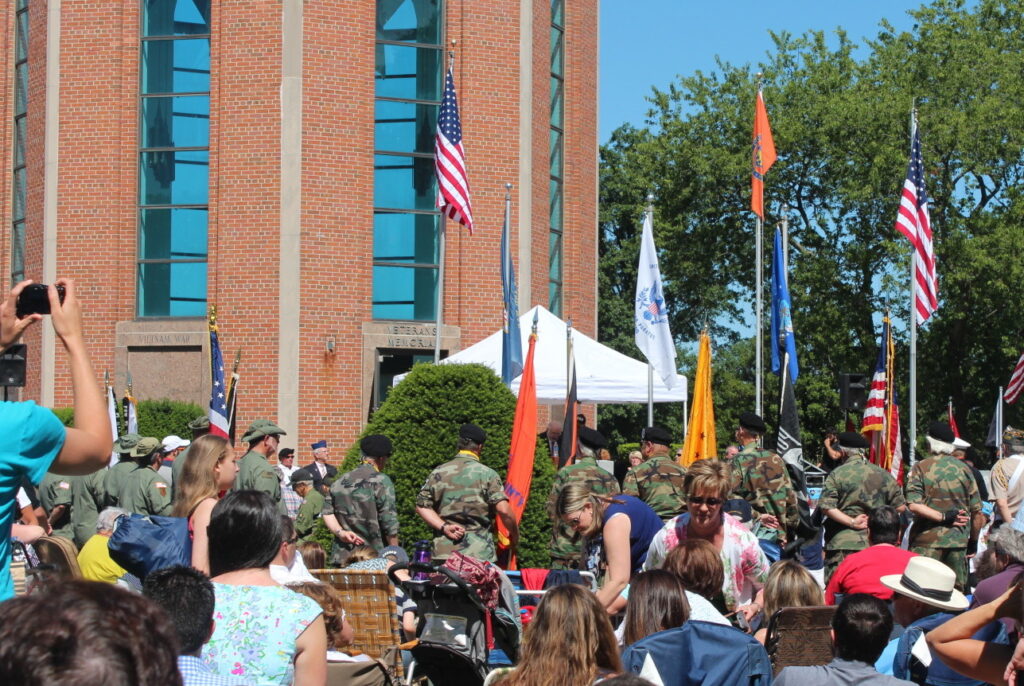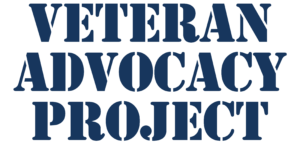Most of our nation’s servicemembers make a successful transition back to civilian life, but it is not always easy. The VA’s records indicate that an average of 17 veterans die by suicide each day. An estimated 20 percent of our troops have come home with post-traumatic stress and too many veterans struggle with traumatic brain injuries, depression, and substance dependency.

When individuals face legal challenges, such as eviction or an improper denial of federal benefits, it aggravates mental health issues and increases the risk of becoming homeless or dying by suicide. The Veteran Advocacy Project (“VAP”) provides legal representation and cuts through bureaucratic red tape for veteran clients, so that they spend time in their doctor’s office instead of a courthouse.
VAP has three program areas:
- Our civil legal practice ensures housing and income stability through homelessness prevention with social services agencies and medical-legal partnerships with Vet Centers and community health clinics.
- VAP’s veterans law practice focuses on gaining access to the vast federal resources available through the Department of Veterans Affairs; we represent veterans in VA Character of Discharge determinations and disability claims related to mental health conditions and trauma.
- Our Discharge Upgrade Clinic (“DUC”) fights to restore honor to veterans who were unjustly discharged; the in-house team files applications for upgrades and corrections while also training and supervising a network of attorneys representing veterans pro bono in their applications before the Department of Defense.
Our services provide access to health care and benefits, prevent incarceration and further justice involvement, keep veterans and their families in their homes, and empower veterans by removing barriers to success.
- Please see our SERVICES page for more information on the work we do in our general civil legal services and veterans law practices.
- Get office hours, email, and phone numbers on our CONTACT page.
- Learn more about our attorneys and advocates: meet the TEAM and our BOARD.
- Help support veterans and DONATE to VAP — your tax-deductible donation will ensure that we can provide our free services to as many veterans as possible.
